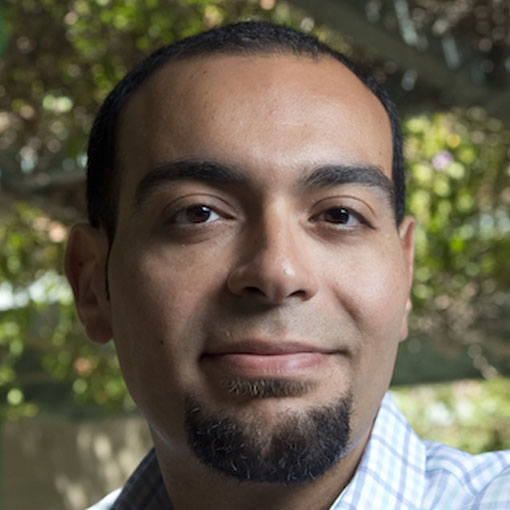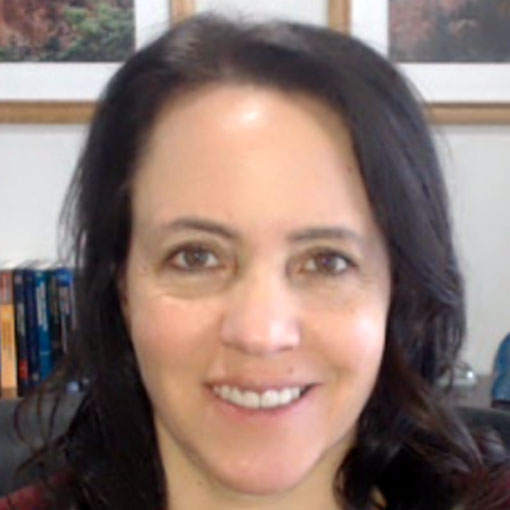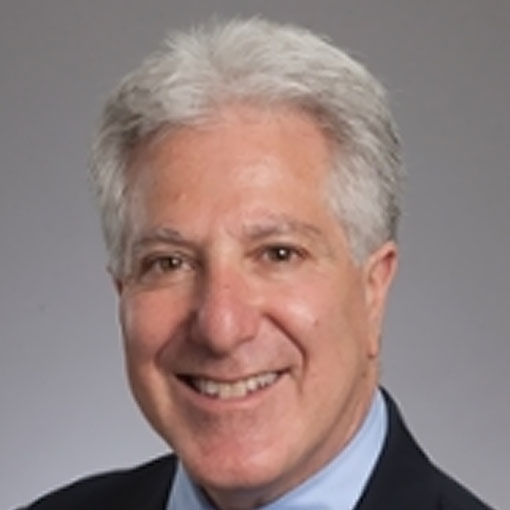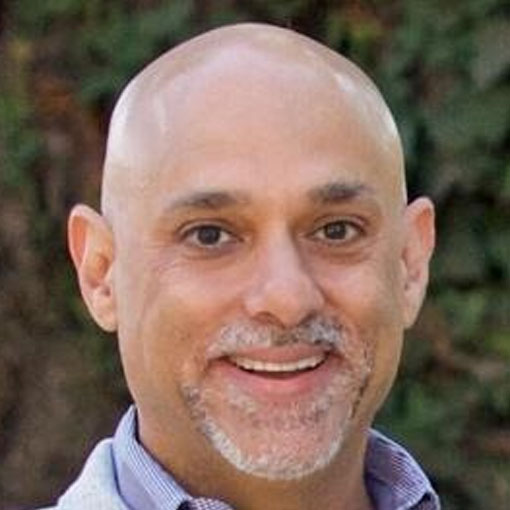Improving endpoint selection in Alzheimer’s disease trials
This panel of neurologists and biostatisticians will discuss their thoughts on how we advance development for the first disease-modifying digital therapeutics in Alzheimer’s disease. Learn about the current and innovative new endpoints for Alzheimer’s disease. What biomarkers of physiological change can be used to demonstrate change of disease progression and disease modification? Learn from leading experts in neuroscience and clinical study design as they discuss emerging trends and the current therapeutic landscape in Alzheimer’s disease.
Attendees will learn:
- Definition of disease-modifying clinical measures and outcomes in Alzheimer’s disease
- Challenges with traditional clinical endpoints in Alzheimer’s studies
- Which study endpoints are emerging in Alzheimer’s disease modification trials






